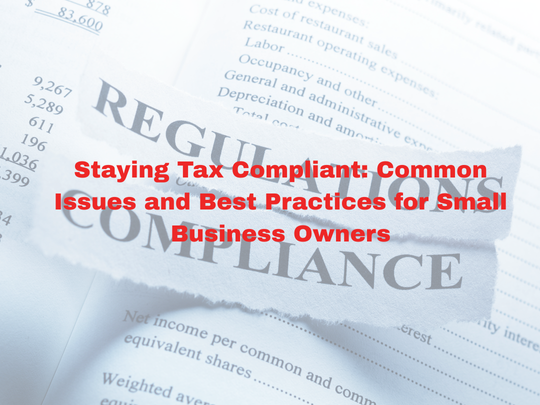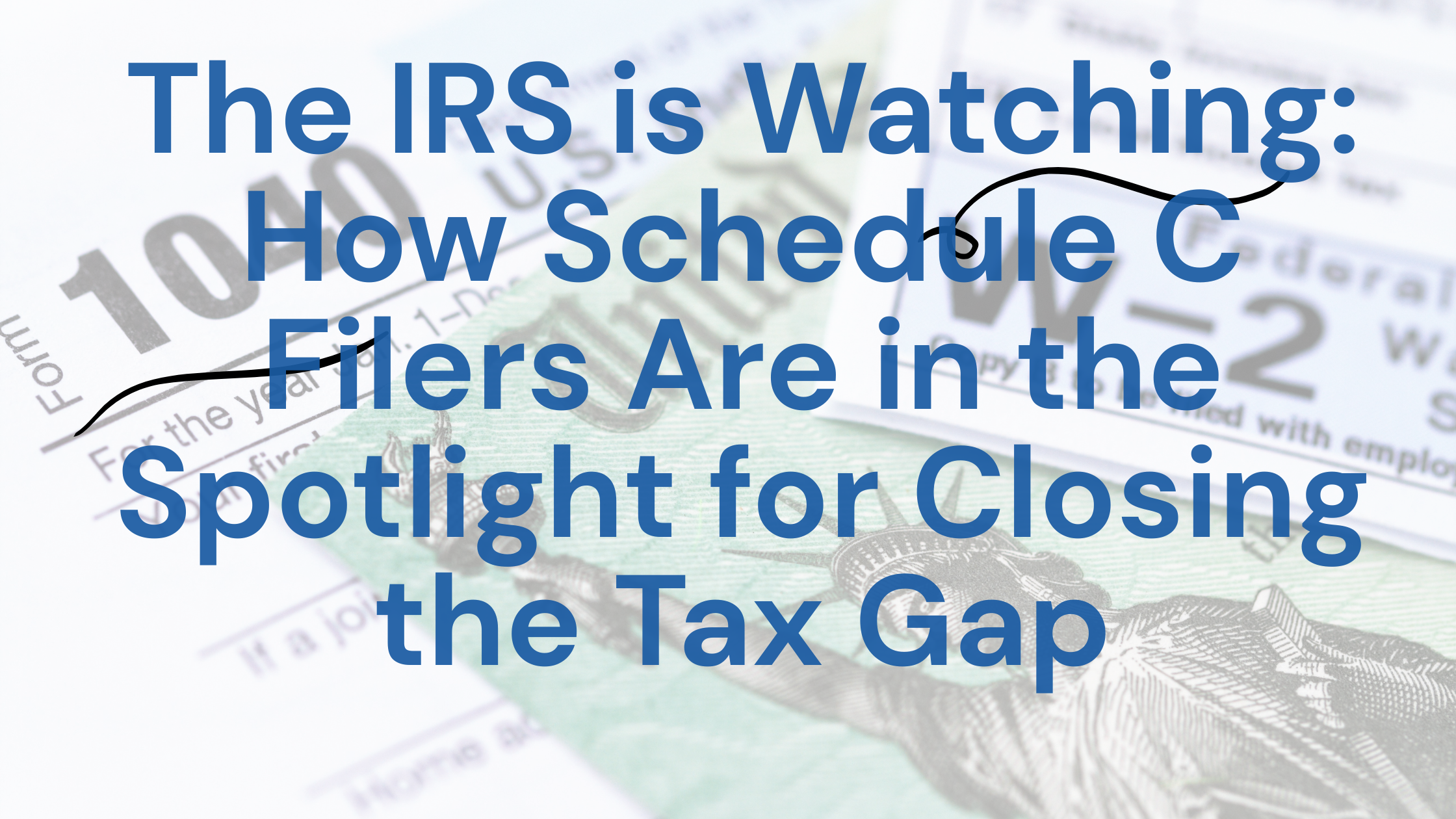When it comes to filing taxes, most people want one thing: to stay under the IRS radar. But certain entries on a tax return can draw attention—and potentially trigger an audit.
Here are common audit red flags and what you can do to protect yourself:
Large Travel & Entertainment Write-Offs
Travel and entertainment (T&E) expenses are highly scrutinized.
Even though business meals are only 50% deductible, the IRS still knows taxpayers may try to slip in personal expenses.
Best protection: Detailed, consistent recordkeeping—the #1 rule.
Depreciating Business Assets That Have Personal Use
Items like cars, cameras, electronics, and equipment can be used personally. The IRS looks closely at:
- Business-use percentage
- Luxury car depreciation limits
- Overstated first-year deductions
Maintain usage logs and know depreciation rules before claiming.
High Interest Deductions on Personal Returns
Personal interest isn’t deductible. Investment interest is limited to investment income.
Some taxpayers try to get creative by:
- Claiming personal car loan interest as business interest
- Coding credit card interest as investment interest
Have proof that interest claimed is truly business or investment-related.
Not Reporting All Income on W-2s and 1099s
Never omit income that was already reported to the IRS. Its matching system will catch it.
Missing reported income can trigger a full audit, not just a letter.
Unusually High Itemized Deductions
If your deductions are far above average compared to your income group, expect extra scrutiny.
This doesn’t mean you should avoid legitimate deductions—just ensure documentation supports them.
Losses from Side Businesses That Look Like Hobbies
The IRS is cracking down on ongoing “business” losses—especially when activities look more like hobbies.
TCJA Rule (2018–2025):
No hobby expense deductions, but hobby income is still taxable.
To be considered a business:
Profit in 3 out of 5 years (2 out of 7 for horse-related activities).
Early Retirement Plan Withdrawals
Taking IRA or 401(k) funds early (before age 59½)?
A 10% penalty applies unless a valid exception exists.
Some taxpayers report the income but forget the penalty—an easy audit trigger.
Other Audit Risk Factors
Your return may also be flagged if you:
- Earn $200K+ annually
- Show large deductions reducing taxable income too sharply
- Have multiple Schedule C or farm losses totaling $25K+
High-income taxpayers statistically yield bigger recoveries for the IRS—so they’re a higher priority.
Final Takeaway: Documentation is Your Best Defense
You don’t need to fear taking legitimate deductions.
You do need to be prepared to prove them.
If you feel unsure or want peace of mind…Schedule an appointment with our tax professional. Contact us today at admin@fas-accountingsolutions.com




